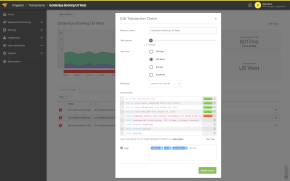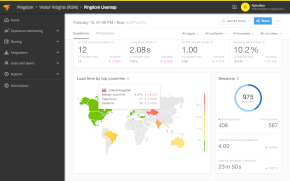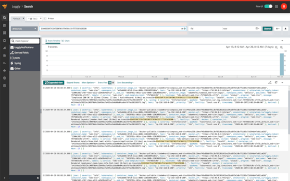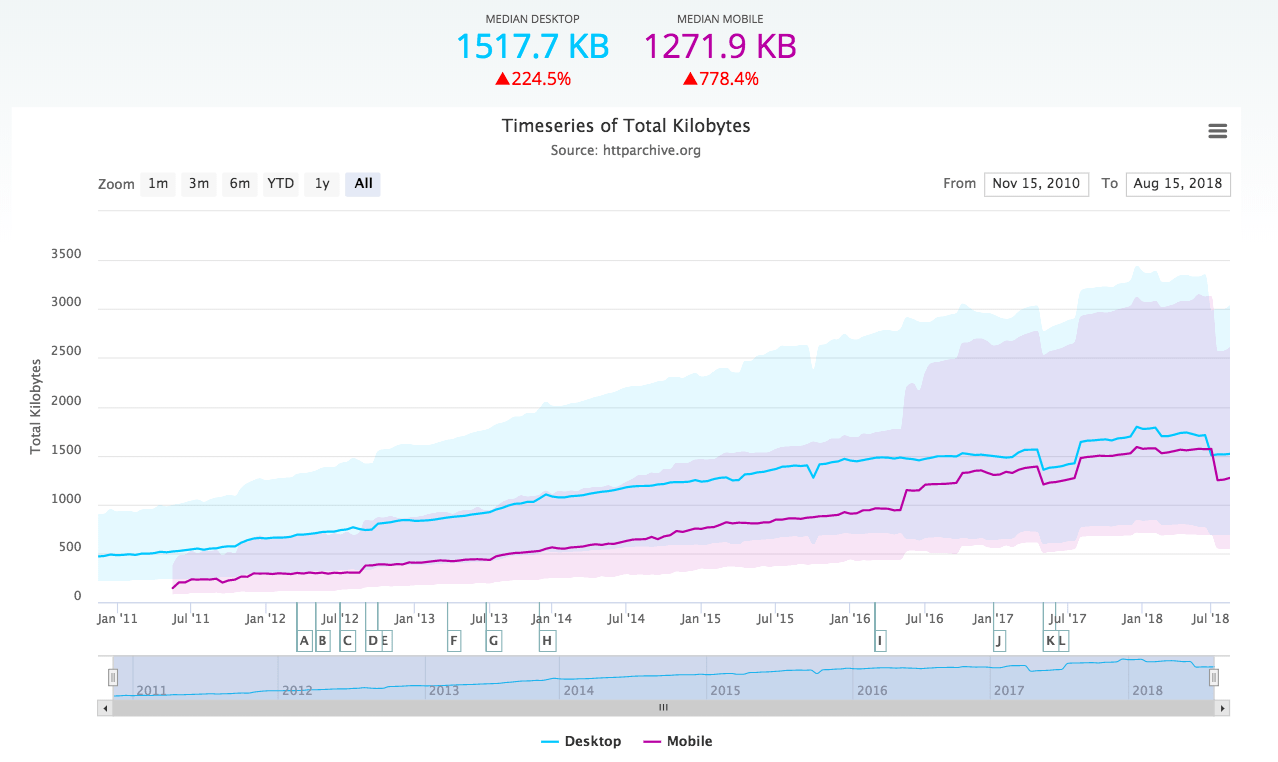We have just added a new check type for monitoring DNS servers and DNS lookups.
Why should I monitor my DNS servers?
If DNS lookups are not working, no one will be able to access your website since there will be no way to translate your domain name to an IP address. (Computers on the internet only communicate through IP numbers and need a DNS server to translate the human-readable domain names to IP addresses.) This of course doesn’t just affect websites; almost all services on the internet depend on being able to look up domain names.
And of course, if you are a hosting company with your own dedicated DNS servers used by your customers, it is important to make sure that these servers are always working and responding properly.
Another thing to consider if you are offering any kind of service on the internet is that you might want to monitor the local DNS servers that your web servers use. If they are not working well, the functionality of your website or application will suffer (not being able to send emails, connect to databases, connect to external partners such as payment gateways, and in general having problems accessing any resource that requires a DNS lookup).
How to get started
Add a new check and select the DNS check type. This will bring up the check settings for DNS monitoring (see image) which are very easy to fill in.
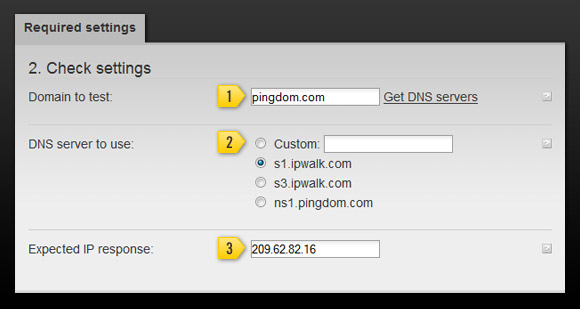
- Enter the domain name you want to test DNS lookups for (for example pingdom.com or www.pingdom.com). If you then click on “Get DNS servers”, Pingdom will display the list of DNS servers connected to that domain name (in the field below: “DNS servers to use”).
- Select which DNS server you want the monitoring performed on. Apart from the list you get when you click on “Get DNS servers” you can also enter a custom DNS server (either the server name or IP address).
- For the “Expected IP response” part of the form, Pingdom will automatically fill in what IP address the website domain name translates to at that moment, but you can of course enter this manually as well.
Don’t forget that you can always click on the little question marks to the right of every field in the form to get help.
Please note that this DNS check will not work with domain names using round robin (i.e. where DNS responses alternate between different IP addresses).
A website’s domain name will normally have several DNS servers that can be used for getting an “authoritative” response for which IP address it translates to (these are the ones shown when you click on “Get DNS servers”).
To have a complete DNS monitoring, you should set up monitoring of all your DNS servers. It will help you find DNS-related problems quickly, since you will be able to see not only if a DNS server responds and gives a correct answer, but also how long it takes (so you can see if any of your DNS servers are having performance issues).
Let us know what you think
We here at Pingdom are proud of our uptime monitoring service, and we love hearing from you, both suggestions and questions. If you want to get in touch with us, please email us at support [at] Pingdom.com (or use our contact form). All feedback is welcome.
